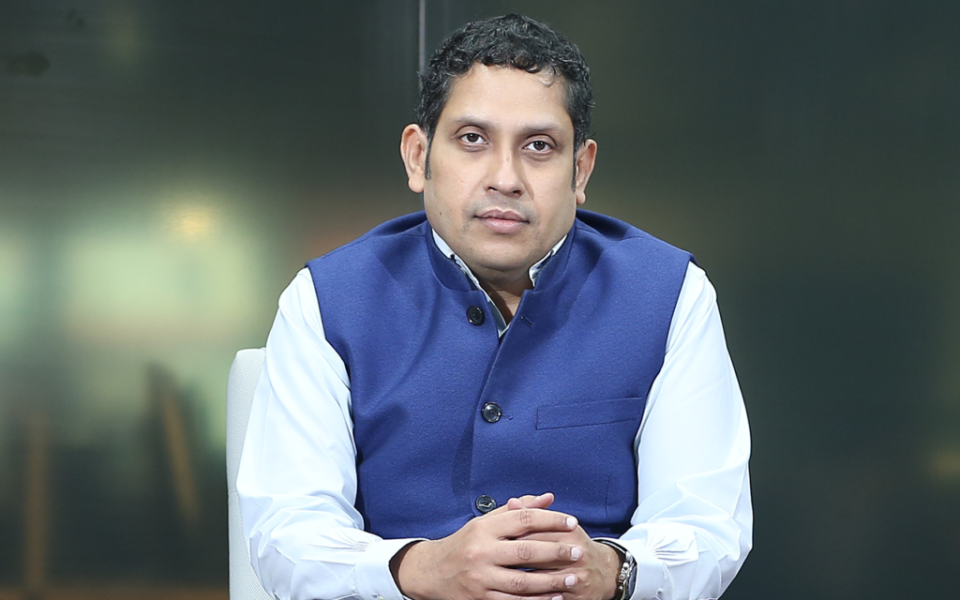
GST@5: 'Maharashtra-like episodes widen Centre-state trust deficit'
Congress party's data analytics chief Praveen Chakravarty speaks to The Federal about the dwindling control of states over taxes in the GST era, and why raising GST rates amid inflation may backfire

In the backdrop of the GST Council meeting, chairman of the Congress party’s Data Analytics department, Praveen Chakravarty, gave an exclusive interview to The Federal. The GST meeting is highly political, and it cannot be seen through the lens of economy alone, he said.
Also read: States fume as no decision yet on extending GST compensation
The latest GST Council meeting was more important than the Union Budget, as it was a landmark meeting called to commemorate the fifth anniversary of GST implementation, said Chakravarty. This also brings to an end the five-year revenue compensation guarantee to states, he added.
Chakravarty further observed that the Supreme Court’s interpretation of the GST law is interesting, and that it strengthens the hands of the state governments.

He also stressed how revenue guarantee is the most contentious issue in the GST law. While the Union government has been accused of being reluctant to extend the guarantee for states, Chakravarty said its apprehensions are understandable, as its fiscal situation may not really allow guarantee extension.
He spoke of how GST has not delivered on economic promises, while states have lost their taxation powers. This has led to a huge trust deficit between the states and the Union government.
Given that extension of compensation guarantees is in the interest of the state, Chakravarty is of the view that the Union government will have to give an assurance of revenue visibility going forward. While agreeing that compensation guarantee is a huge commitment, he remarked that India is “half-pregnant” with GST and that there’s no going back now.
He also called for the Union government’s cesses and surcharges to stop. Further, he highlighted the need for the government to address the shrinking revenue pool for the states.
Webinar: GST may survive, but idea of ‘One nation, one tax’ may not
Chakravarty, however, questioned the government’s pitch for ‘One nation one tax.’ He argued that states could come up with their own tax slabs legislated by their Assemblies. He laid the onus squarely on the Union government to bridge the trust deficit with states, where GST is concerned.
He also pointed out that the Union Government cannot expect cooperative federalism from states while politically destabilising them, like what is playing out in Maharashtra right now. He also expressed hopes that GST rates will not be raised as they are bound to impact the average Indian, who is already reeling under inflation.
Also read: GST Council clears proposal to remove tax exemptions on select goods


